Emmy-nominated director Jenny Ash talks to Screen about developing her first feature film, a Bob Marley biopic about the year he spent in London in 1977.
Having spent 10 years directing and producing documentaries, British film-maker Jenny Ash moved into directing TV drama in 2008. Nominated for an Emmy for her History Channel film, America-The Story Of Us, about slavery and the American Civil War, Ash is now developing her first feature film with London production company Greenacre Films. The project, about Bob Marley’s experiences in London.
Tell us about your first feature…
It’s a film about Bob Marley and the year he spent in London in 1977, during which time he had a passionate love affair with the reigning miss world, Cindy Breakspeare.
I’ve been out to Jamaica and done a lot of research and met Cindy and talked to her about the project. We’ve found a really fantastic writer who we are about to sign up. We’ve had a lot of interest in it, I think it could be a really sparky interesting film about someone who is such an icon, but who we also know so little about.
You started off as a documentary film-maker. Did you consider making the Marley project as a documentary rather than a drama?
I did, but then realised I couldn’t tell the story I wanted to tell as a doc. Then I thought about doing it as a TV drama, but in the end it felt more appropriate to tell the story on the big screen.
I’ve been moving from documentaries into drama for a while now. I really enjoy working with actors, and have done a lot of fictionalised docs, so it seemed like the logical next step. When you make a documentary you have to gain someone’s trust, and give them the space to express themselves, so it’s actually quite close to working with actors. You need a similar skill.
Do you think you approach dramas in a different way, coming from a documentary background?
Yes, it’s really important that things feel real. I think people who come from documentaries probably have an innate sense of what is real and they are able to bring an authenticity to a film and to its performances.
You shot your History Channel film in South Africa. Did you have a good experience?
It is such a great place to shoot, the infrastructure is great. We had a huge feature film crew, who had just come off District 9 and Invictus. It was the most flexible crew I’ve ever worked with, especially as it was quite a complex project, with lots of different narratives interwoven, but they were able to just conjure up anything at the drop of a hat.
South Africa is also a very emotionally charged place to shoot a film about slavery, because there is a rawness in those performances that comes from the recent history there.
As well as gaining an Emmy nomination, you also managed to attract the attention of Barack Obama..
He saw my film and apparently he liked it! It has an educational element to it, and it is part of a landmark history series which Jane Root’s company Nutopia produced. So he ended up filming an introduction to the series which aired on the History Channel. Unfortunately, I didn’t get to meet him. I would have liked to have met Michelle.. for fashion tips!
Has the Emmy nomination opened up doors for you in the US?
It has definitely opened doors for me. I’ve got lots of meetings set up in LA which is great, and I’d really loved to work in America. But the Marley project is very much a British film, set in London, which is one of the things I love about it.
Has being a woman director had any impact on your career?
I have a different rapport with the crew. In drama, because there are so few women directors, a lot of the crew say, it’s so nice to work with a woman. I do find it shocking how few women have come through in drama. It’s not the same in the documentary world at all.
I hope it’s going to change. I really admire Andrea Arnold and Mira Nair’s work and of course Kathryn Bigelow has done a lot for women film-makers.
How did you get into the business?
My first job was working for [UK journalist and broadcaster] Janet Street Porter years ago. Every week we would go and make a film in a far flung corner, one week a film about girl gangs in LA, the next week a film about pollution in Poland. I was 23, and it gave me the confidence to go anywhere in the world and come back with a film.
I’ve made high brow political films, historical docs and a film about Dolly Parton. I don’t mind what the subject is, there just has to be a strong human narrative at the heart.




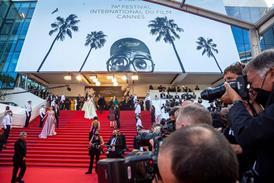
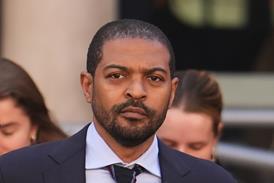
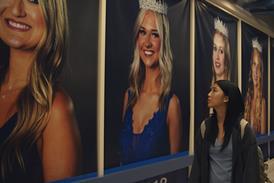
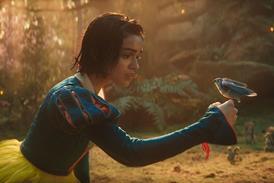




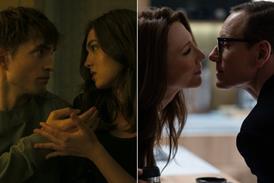









No comments yet